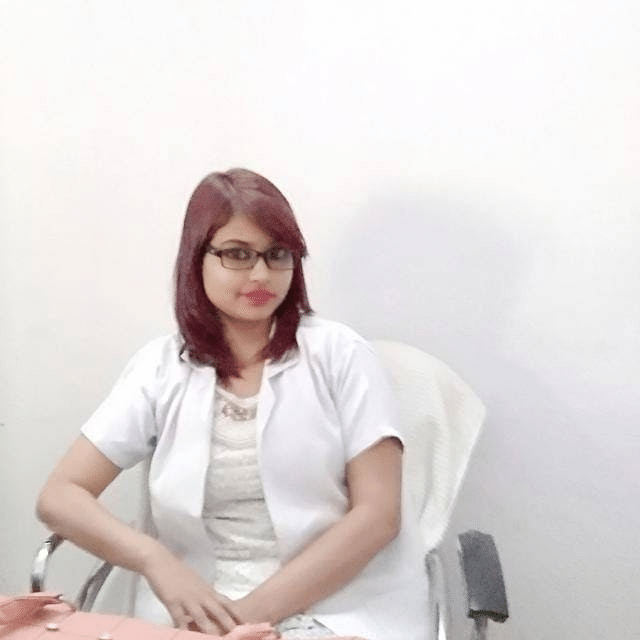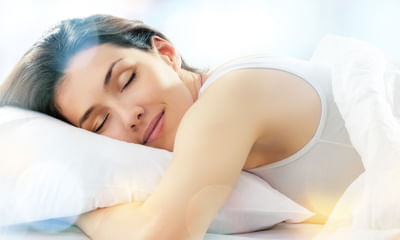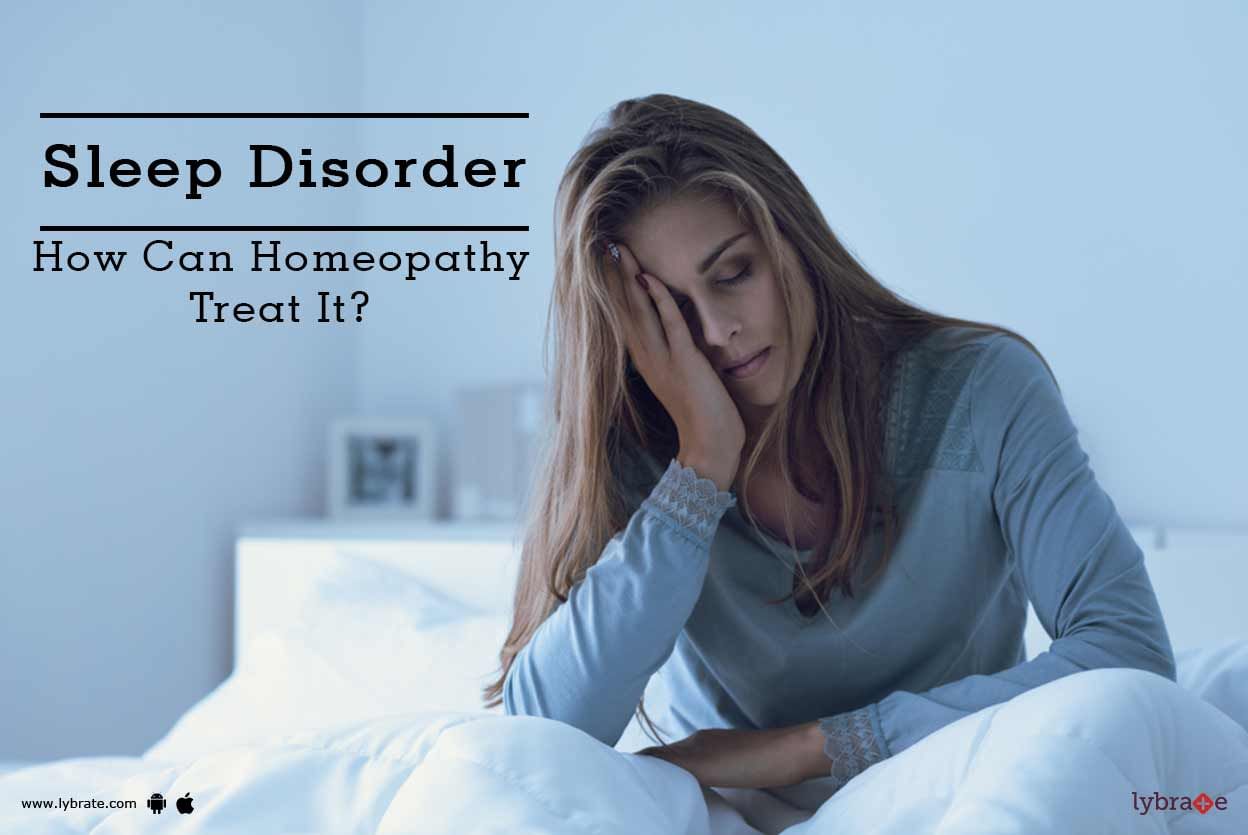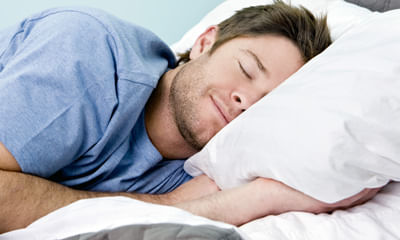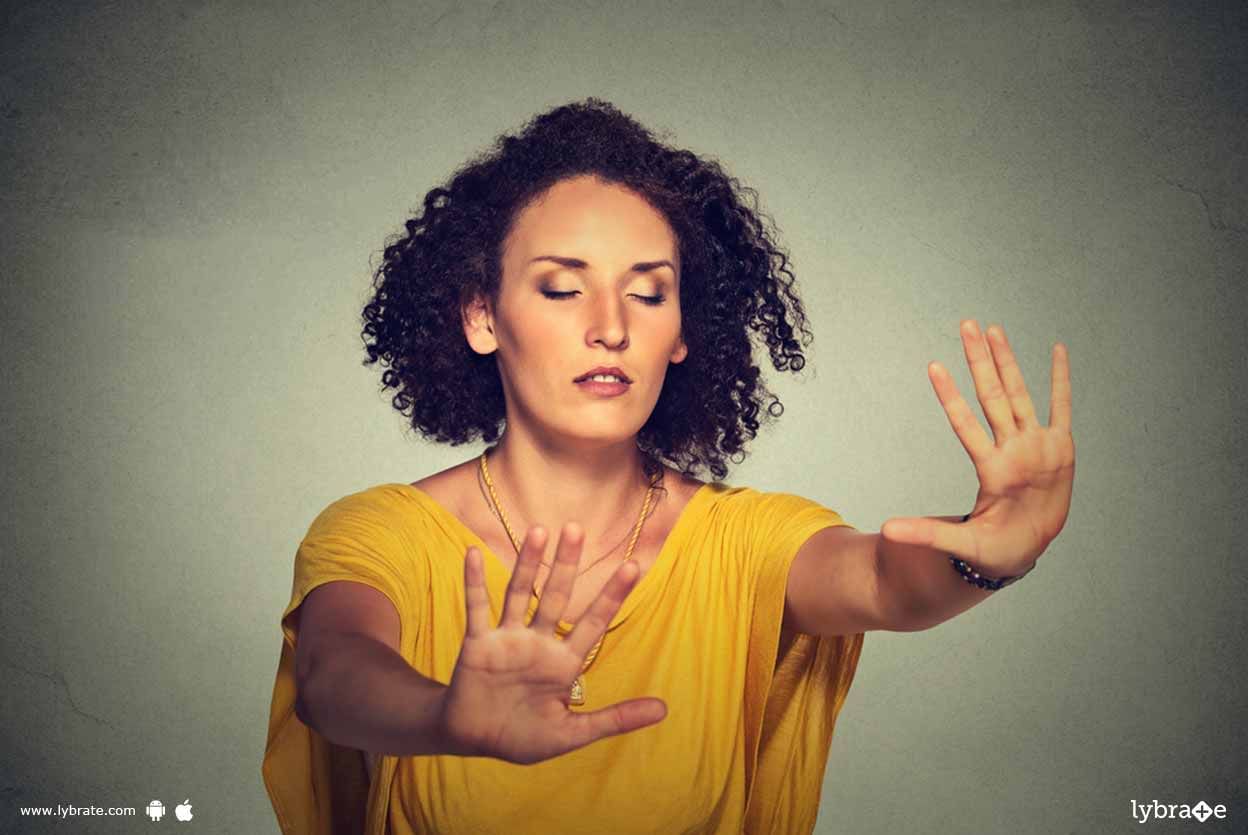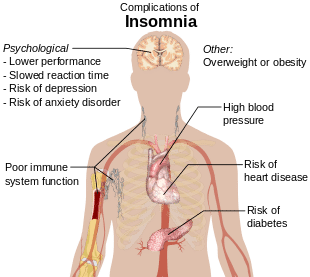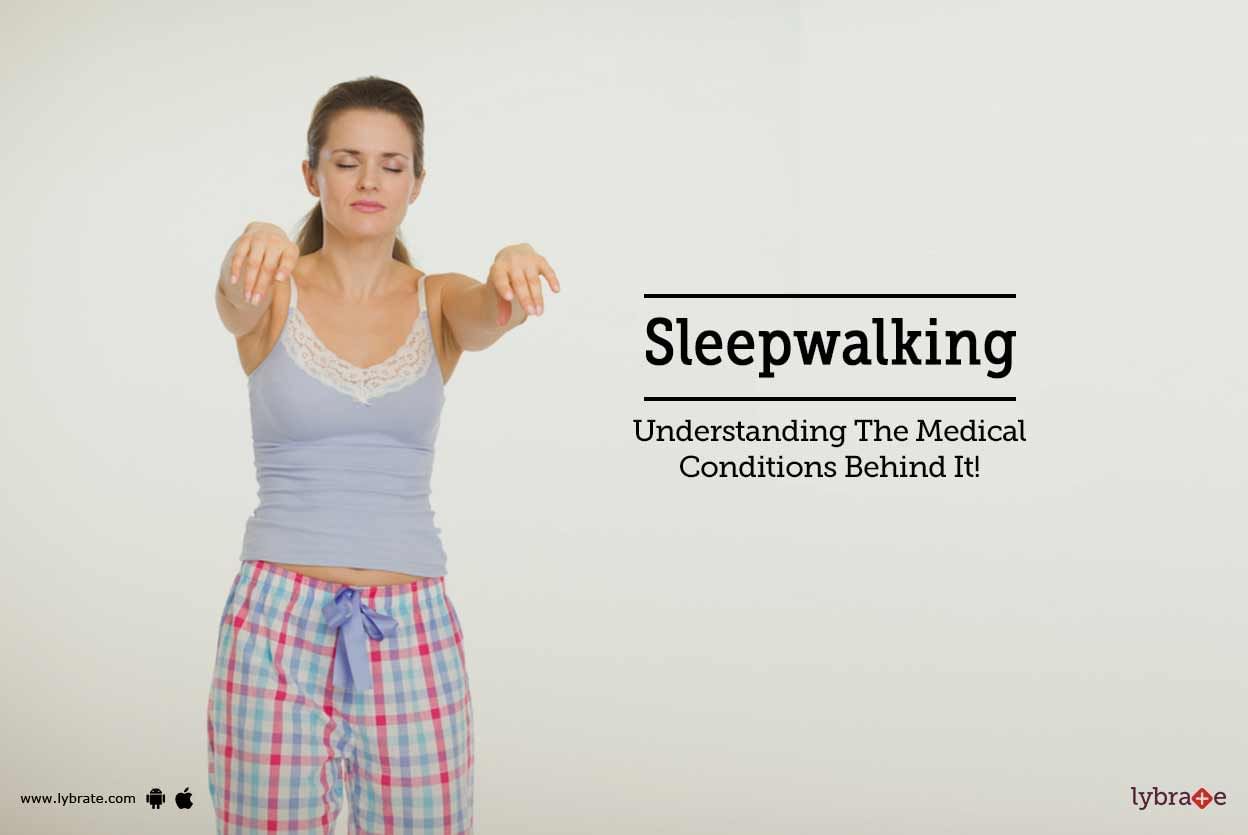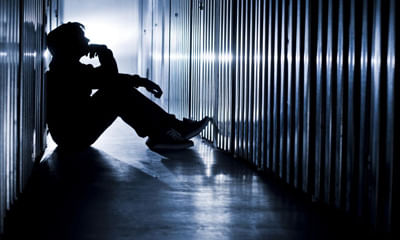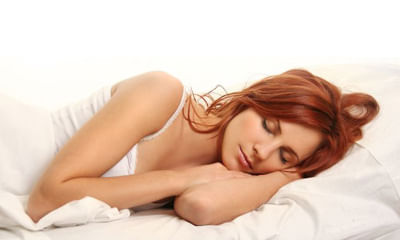Get the App
For Doctors
Login/Sign-up
About
Health Feed
Find Doctors
Health Packages
AllQ&AsTipsQuizzes
Sleep Medicine Health Feed
Health Query
Share
Bookmark
Report
Last Updated: 6 years ago• Featured Tip
Share
Bookmark
Report
Some people simply lie down and fall asleep instantly, while others toss and turn for hours before going off to sleep. Getting a good night's sleep is important for everyone be it, toddlers or adults. There are many reasons as to why people find it difficult to sleep or do not enjoy a restful sleep. Homeopathy can be very helpful in treating such sleep disorders. Here are a few homeopathic medicines that can improve the quality of your sleep.
1. Arsenicum Album: Sleeplessness caused by ...more
1. Arsenicum Album: Sleeplessness caused by ...more
Last Updated: 6 years ago• Featured Tip
Share
Bookmark
Report
Getting a good night's sleep is crucial for good health. But, we all face insomnia to some degree or other. Homeopathy is a complementary system of medicine that cures almost any disease on earth, including insomnia.
Insomnia is a complex issue with a number of factors. Sometimes the fear of insomnia keeps people awake at night. Other causes are age- older people find it difficult to get sleep due to drop in levels of melatonin , a chemical that induces sleep; gender women are more bl...more
Insomnia is a complex issue with a number of factors. Sometimes the fear of insomnia keeps people awake at night. Other causes are age- older people find it difficult to get sleep due to drop in levels of melatonin , a chemical that induces sleep; gender women are more bl...more
Health Query
Share
Bookmark
Report
Hello Friend, Good that you are seeking a help here. Just be aware that medicine are just one part of any psychic treatments like yours. They help in suppressing the emotions to give temporary relief and sometimes causes side effects due to the certain body conditions. However the actual root cause for your emotional disturbance is the anxious or overwhelming thoughts which can't be controlled by medicines.
So it's important to follow certain non medicine treatment plan in parallel to manage...more
So it's important to follow certain non medicine treatment plan in parallel to manage...more
Last Updated: 7 years ago• Featured Tip
Share
Bookmark
Report
Sleep walking is a sleep related disorder that affects many individuals globally. It causes people to get up and start walking even when they are in a deep state of sleep. This condition happens when the patient is going through a state of deep sleep to light sleep, before actually awaking. In most cases, the patients are not aware of their actions and may find themselves in another room or part of the house when they wake up. While this condition usually happens for children between the ages of...more
Last Updated: 7 years ago• Featured Tip
Share
Bookmark
Report
What is Insomnia?
Insomnia includes having trouble falling or staying asleep. Insomnia can sap not only your energy level and mood, but also your health, work performance and quality of life.
Symptoms of Insomnia-
Sleepiness during the day.
General fatigue.
Tension headaches
Problems with concentration and focus
Causes of Insomnia-
Stress and anxiety
Depression
Pain and discomfort
Genetics
Job shift changes
Environment hotne...more
Insomnia includes having trouble falling or staying asleep. Insomnia can sap not only your energy level and mood, but also your health, work performance and quality of life.
Symptoms of Insomnia-
Sleepiness during the day.
General fatigue.
Tension headaches
Problems with concentration and focus
Causes of Insomnia-
Stress and anxiety
Depression
Pain and discomfort
Genetics
Job shift changes
Environment hotne...more
Last Updated: 7 years ago• Featured Tip
Share
Bookmark
Report
Sleep walking is a sleep related disorder that affects many individuals globally. It causes people to get up and start walking even when they are in a deep state of sleep. This condition happens when the patient is going through a state of deep sleep to light sleep, before actually awaking. In most cases, the patients are not aware of their actions and may find themselves in another room or part of the house when they wake up. While this condition usually happens for children between the ages of...more
Asked for male, 33 years old from Malda
Share
Bookmark
Report
Since you are already on medication I suggest you talk to your treating Psychiatrist and convey your current symptoms to them. It is possible that some changes in medication dosages will help improve the symptoms. As they are familiar with your history it is always better to have a discussion with them regarding this situation.
Asked for female, 29 years old from Delhi
Share
Bookmark
Report
Sleep is the best reliever of all stress and physical pain. Not only is it important to get sleep, but also to sleep soundly and without any disturbance. The quality matters. Here are a few tips to get better sleep: 1.It is important to maintain the same sleep schedule every single day. This helps to naturalize your body clock and get the best quality sleep. 2.Switch off all mobile phones, laptops and other electronic devices. Their artificial glow not only hampers your eyesight, but also prolon...more
Asked for Male, 68 years old from Pune
Share
Bookmark
Report
Book appointment with top doctors for Sleep Medicine treatment
View fees, clinic timings and reviews
Ask a free question
Get FREE multiple opinions from Doctors
posted anonymously

